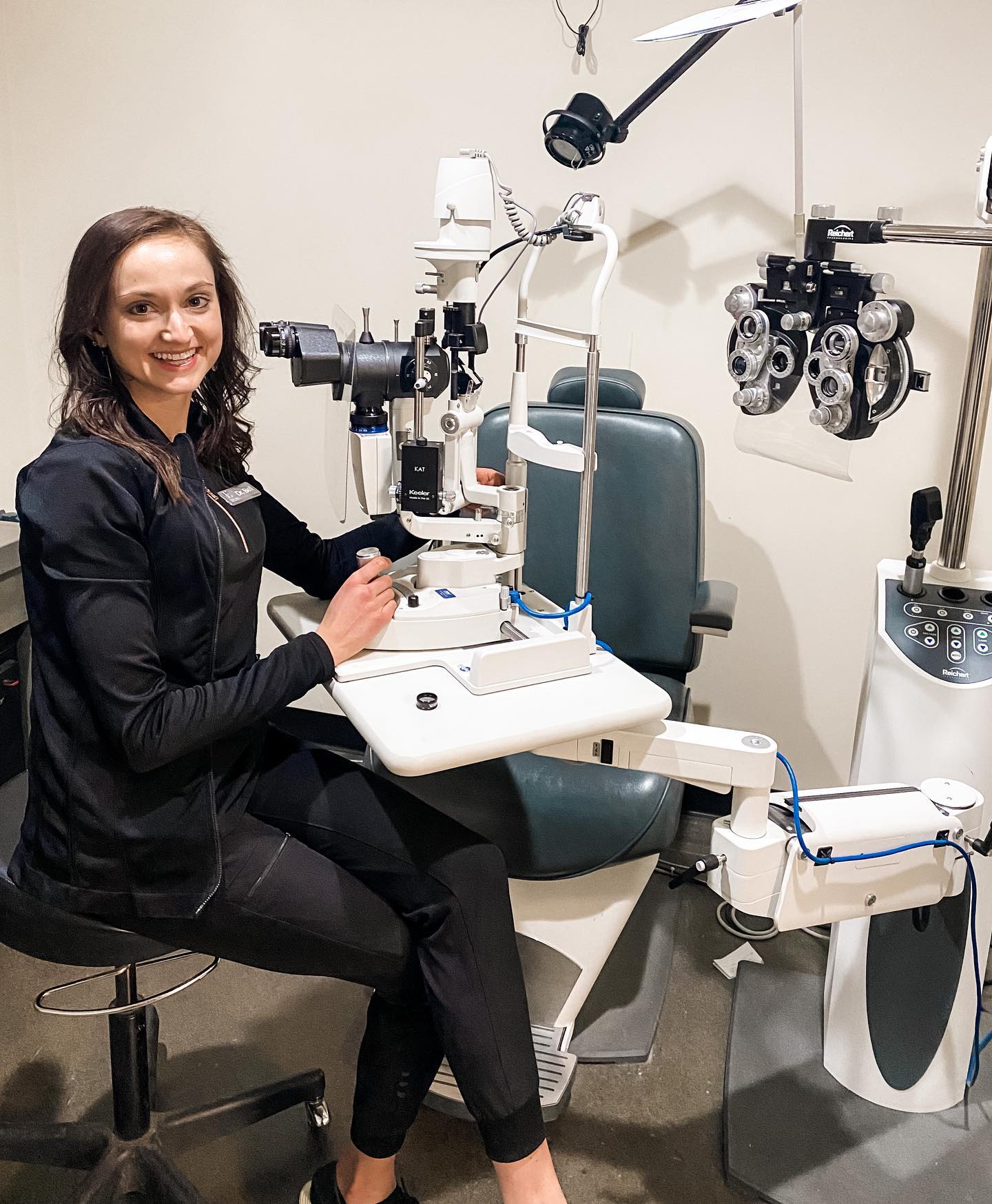Do carrots really help your vision? Nutrition and the eye
- Dr. Monica Bell

- Feb 7, 2023
- 2 min read

If eating an apple a day keeps the doctor away, does eating a carrot a day keep the need for glasses away? Unfortunately, no. Although eating carrots doesn’t guarantee you’ll have 20/20
vision without glasses, there are nutrients in carrots that are beneficial for eye health. Beta carotene is converted by your body to vitamin A during digestion and is important for good night vision and macular health. However, the concentration of this vitamin in carrots alone isn’t sufficient to solve all your vision concerns.
The myth that carrots improve your vision was propagated in WWII by the British Air Force that was claiming carrots were the cause for the impeccable night vision their pilots had giving them the ability to shoot down Nazi bombers. However, the truth was that they were using radars and they wanted to keep this a secret from their enemies.
Despite this myth, there are many nutrients that are beneficial for eye health.
Lutein & Zeaxanthin are carotenoids found in the macula and are important to prevent oxidative damage and degenerative eye disease, like macular degeneration. Lutein and zeaxanthin are found in dark leafy greens such as kale and spinach, as well as other colorful fruits and vegetables like broccoli, corn, and tangerines.
Vitamin C helps protect against UV light damage and oxidation and so can slow the progression of cataracts and macular degeneration, which are worsened by UV light exposure. Fruits such as oranges, grapefruit, and tomatoes are great sources of vitamin C.
Vitamin E is also important to help prevent oxidative damage caused by free radicals. Almonds, red pepper, pumpkin, and sweet potato are sources of vitamin E.
Omega-3 fatty acids are important for preventing dry eye by improving tear film stability and meibomian gland function. Omega 3s have also been shown to be beneficial in infants for visual development. Sources of Omega 3’s include fish such as salmon and tuna as well as walnuts and flax seeds.
Finally, Zinc helps to bring vitamin A from the liver to the eye. A deficiency in Zinc has been linked to worsened night vision and cataracts. You can get zinc from red meat, shellfish, nuts, and seeds.
Unfortunately, carrots aren’t the magic solution to preventing the need for glasses but good nutrition is beneficial for good eye health and visual function.




Comments